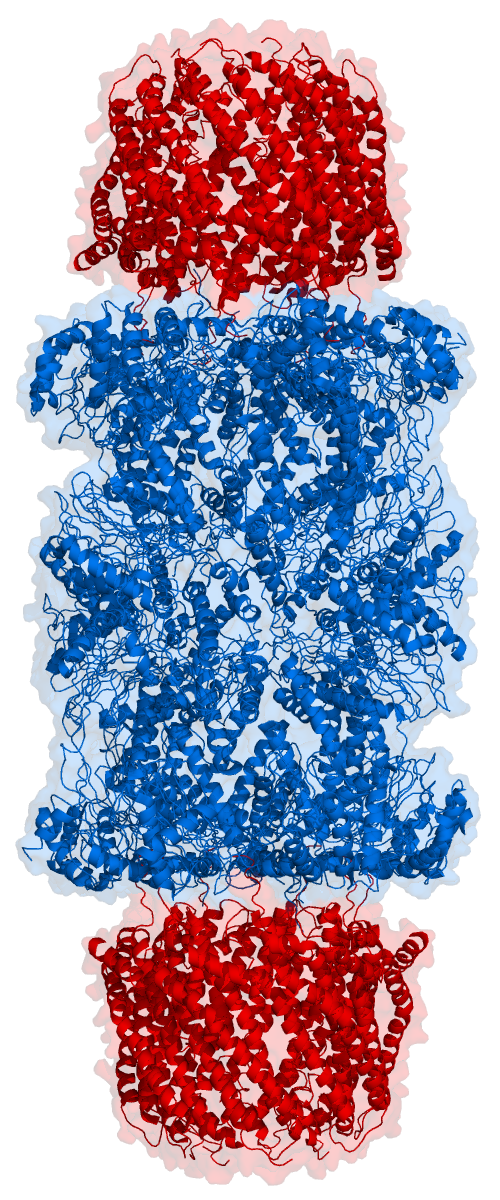Michael Behe Goes Head-to-Head With Keith Fox
A radio debate featuring Michael Behe and Keith Fox, discussing issues relating to the scientific substance, and theological implications, of ID was made available today on the Premier Christian Radio website. The audio can be found here. The introductory comments on the website read as follows: Michael Behe is professor of biochemistry at Lehigh University, Pennsylvania and the founder of the modern Intelligent Design movement. His book “Darwin’s Black Box” ignited the controversy 14 years ago when it claimed that certain molecular machines and biological processes are “irreducibly complex” and cannot be explained by Darwinian evolution. His new book “The Edge of Evolution” takes his conclusions further, arguing that the Darwinian processes of random mutation and natural selection are incapable of producing the variation Read More ›


